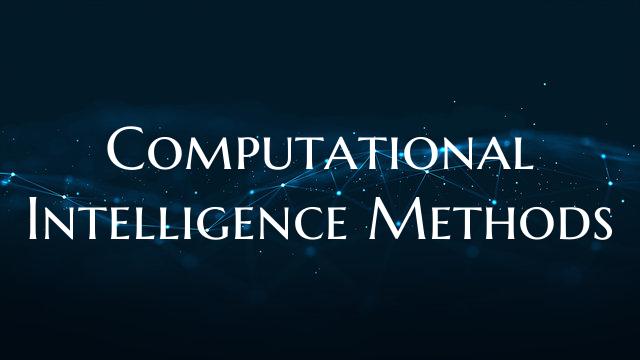Computational Intelligence Methods
In the realm of modern technology and problem-solving, computational intelligence methods have emerged as valuable tools for tackling complex problems across various disciplines. From artificial intelligence to machine learning and data analytics, computational intelligence methods encompass a wide range of algorithms and techniques that enable machines to learn, adapt, and make decisions autonomously.
At the core of computational intelligence lie algorithms that mimic human cognitive processes to analyze data, recognize patterns, and make informed decisions. These methods leverage the power of computational algorithms to process vast amounts of data and extract valuable insights to support decision-making processes.
One of the key pillars of computational intelligence is artificial neural networks, which are inspired by the way the human brain processes information. Neural networks consist of interconnected nodes that work together to process data and learn from patterns in the input data. Through training and optimization, neural networks can discover complex relationships within the data and make predictions or classifications with high accuracy.
Another powerful technique within computational intelligence is evolutionary algorithms, which are inspired by the process of natural selection. Evolutionary algorithms utilize principles of evolution, such as mutation and recombination, to optimize solutions to complex problems. By iteratively refining and selecting the best solutions, evolutionary algorithms can find optimal or near-optimal solutions to a wide range of problems.
Fuzzy logic is another important component of computational intelligence, which allows for modeling and reasoning with uncertainty and imprecision. Fuzzy logic enables machines to handle vague or ambiguous information by assigning degrees of truth to statements, making it well-suited for decision-making in complex and uncertain environments.
Overall, computational intelligence methods continue to drive innovation and advancement in various fields, including robotics, finance, healthcare, and more. By harnessing the power of computational algorithms and artificial intelligence techniques, researchers and practitioners can unlock new opportunities for solving challenging problems and improving decision-making processes in today's data-driven world.

